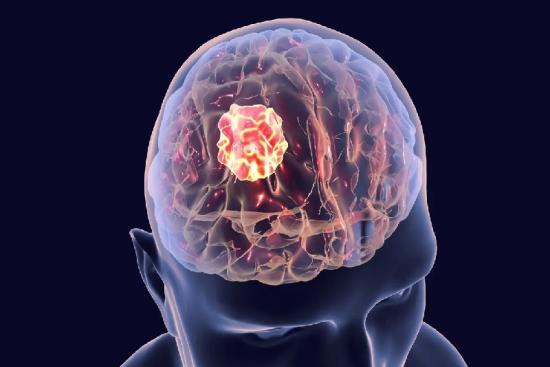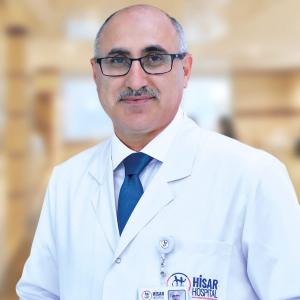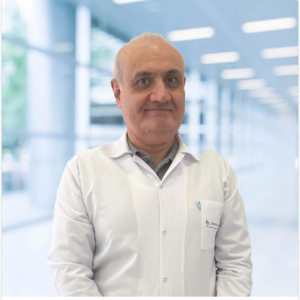Nowadays, brain tumors, which can affect different parts of the brain, are a major public health concern.
Among them, brain cancer is a complex disease that requires accurate diagnosis and personalized treatment. This type of tumor affects a significant number of people worldwide and poses a major challenge for medical research.
Turkey has become a preferred destination for international patients seeking high-quality care for brain tumors, thanks to its qualified specialists, advanced medical technologies, and competitive costs.
Price of brain tumor treatment in Turkey with Turquie Santé
The cost of brain tumor treatment in Turkey varies depending on the type, size, and location of the tumor, as well as the chosen treatment method (surgery, radiotherapy, chemotherapy, or a combination). On average, prices range from $8,000 to $25,000 USD, covering consultations, diagnostics, the procedure, and post-operative care.
You can request a free teleconsultation with our specialists to discuss your condition and receive a detailed cost estimate before traveling.
Take action today, contact Turquie Santé and start your journey toward expert brain tumor care in Turkey











